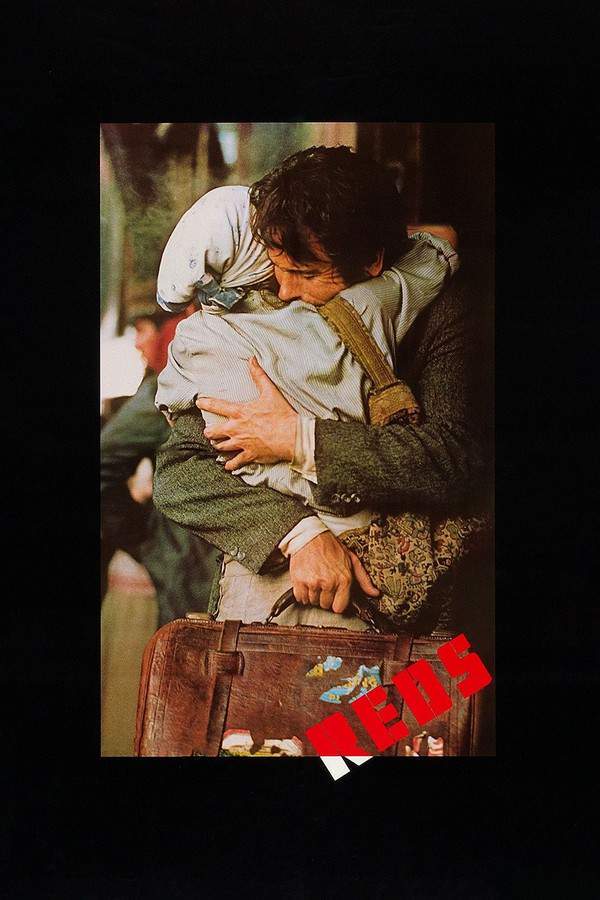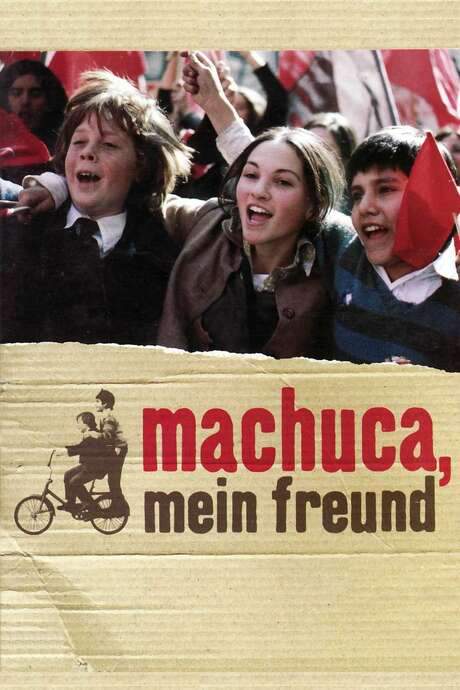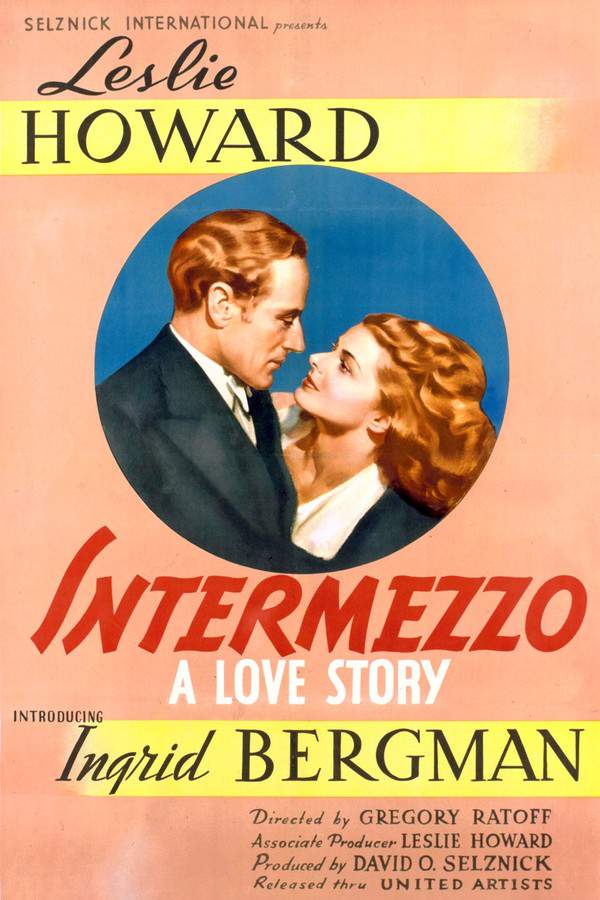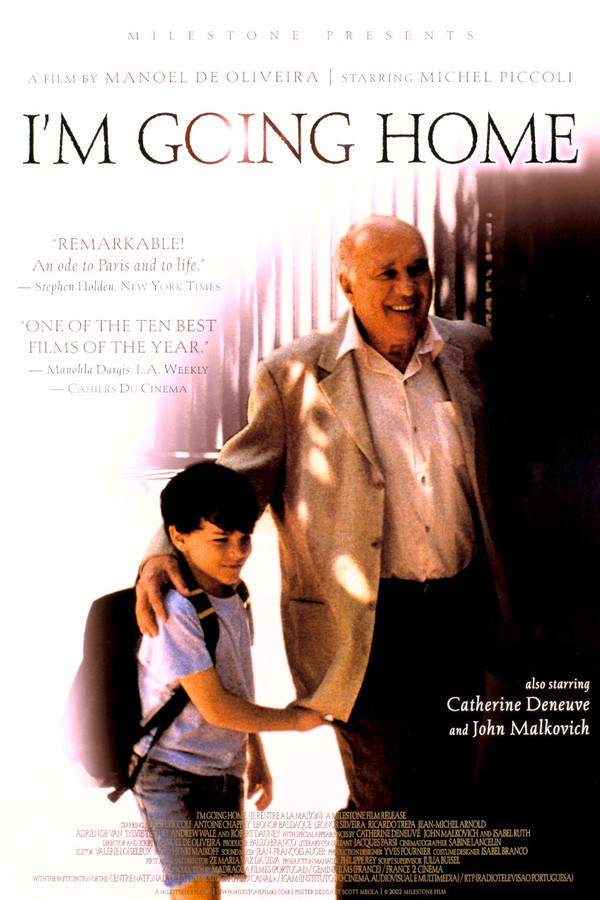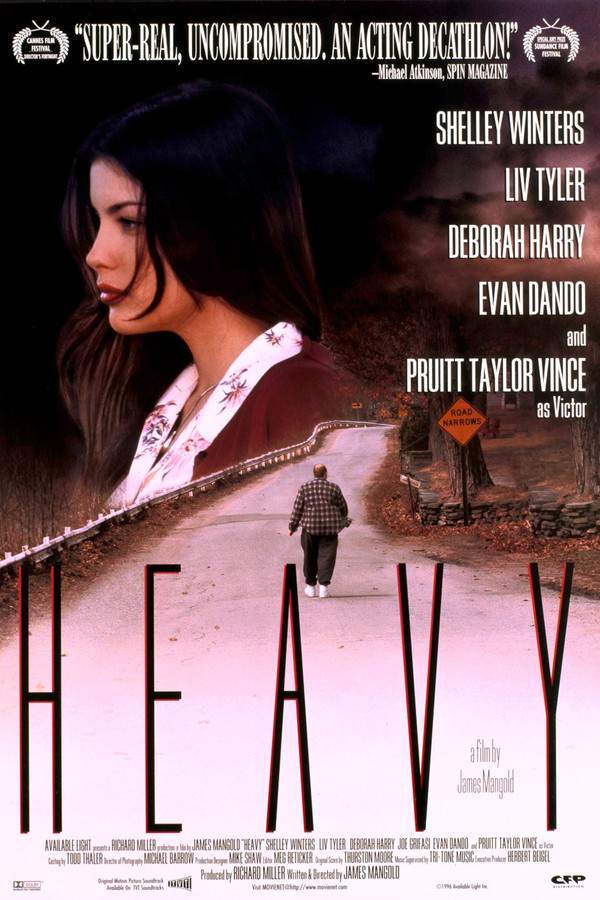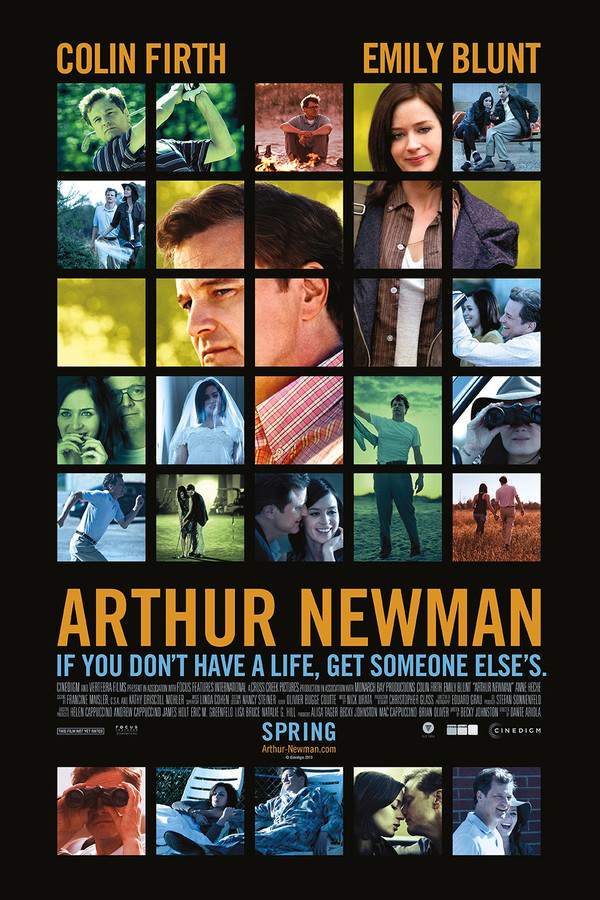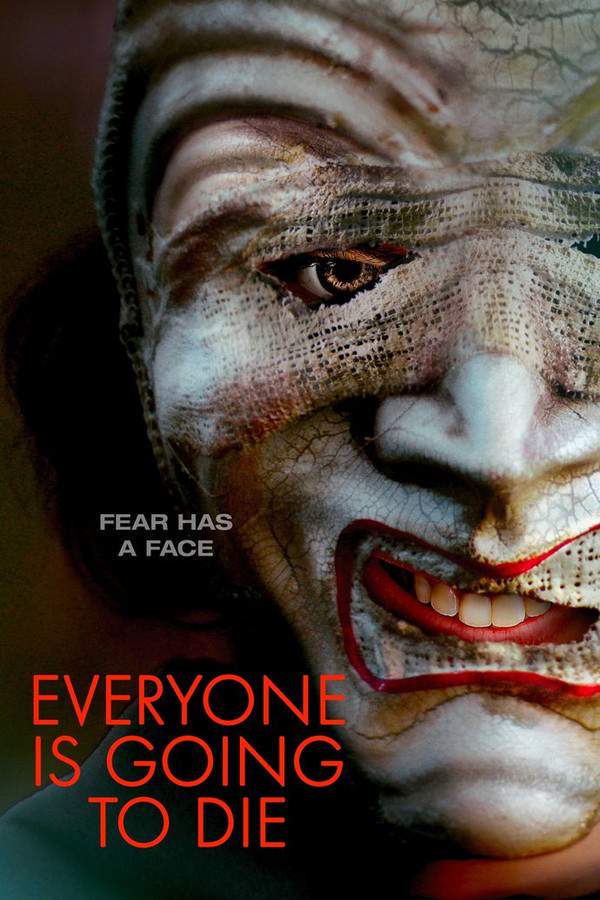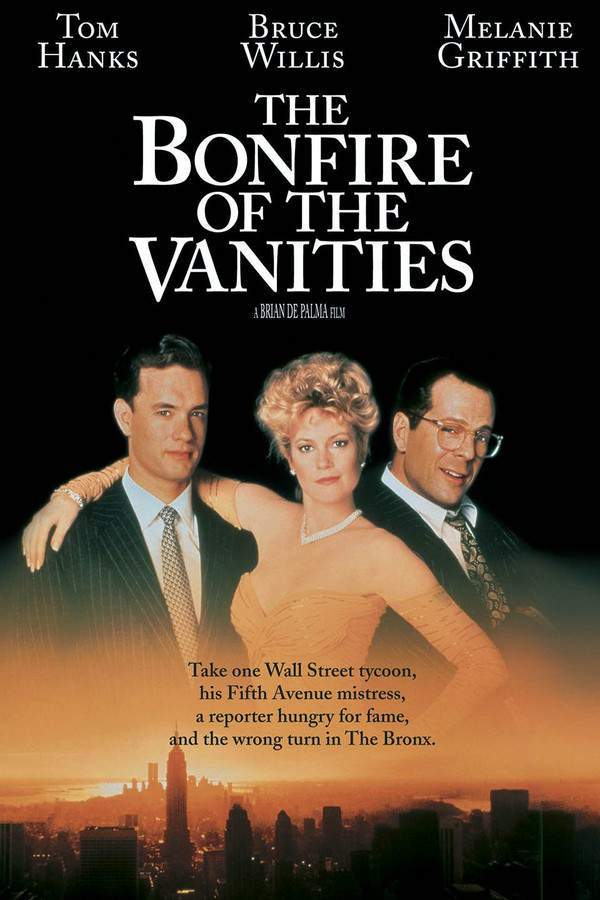
Beau James
Year: 1957
Runtime: 105 mins
Language: English
Director: Melville Shavelson
He took New York for its wildest joyride! The story of Jimmy Walker who became mayor of New York in the ’20s.
Warning: spoilers below!
Haven’t seen Beau James yet? This summary contains major spoilers. Bookmark the page, watch the movie, and come back for the full breakdown. If you're ready, scroll on and relive the story!
Beau James (1957) – Full Plot Summary & Ending Explained
Read the complete plot breakdown of Beau James (1957), including all key story events, major twists, and the ending explained in detail. Discover what really happened—and what it all means.
In 1925, New York’s governor Gov. Alfred E. ‘Al’ Smith [Walter Catlett] persuades state senator James J. ‘Jimmy’ Walker [Bob Hope] that the Democratic Party needs him to run for mayor of New York City. A concern on Jimmy’s part is his estrangement from wife Allie [Alexis Smith], but he discovers that she is willing to go along with his political aims. The arrangement hinges on a blend of ambition, loyalty, and the uneasy feeling that personal life must sometimes be set aside for public duty.
Under the guidance of Chris Nolan [Paul Douglas], his political mentor, Jimmy wins the election in a landslide, capturing broad support and the hope of a transformed city. He later learns Allie has no intention of renewing their relationship; she is simply satisfied to be the great city’s first lady, a role that carries ceremonial influence and social prestige but little personal closeness. This realization seeds a quiet strain in their marriage, even as Jimmy basks in electoral success and the adulation that follows a decisive victory.
A drunken Jimmy is found on a park bench by Betty Compton [Vera Miles], who takes him home, not knowing who he is. She scolds him for his behavior once she learns that the man she sheltered is the mayor, and a mutual attraction gradually takes hold. Jimmy leverages his political connections to help find her a job, beginning a cycle of favors and favors offered in the name of personal connection and political leverage. The relationship becomes a focal point as his administration faces scrutiny, and Betty finds herself drawn into a world where public image and private desire increasingly collide.
Such favors and graft become central to the 1929 reelection campaign, when opponent Fiorello LaGuardia mocks the mayor publicly and questions the current administration’s integrity. Jimmy also confronts financial strain as the stock market crash bites, and Betty grows despondent over his inability—or unwillingness—to persuade Allie to consent to a divorce. The couple’s private complications spill into the public arena, challenging Jimmy’s popularity and testing the line between political charisma and ethical peril.
Still popular with the public, Jimmy is reelected, buoyed by a resilient image and a city hungry for progress. He tries to bring Betty to his victory party, but it is against his colleagues’ wishes, a sign that the personal scandal is creeping closer to a breaking point. Tired of living in the shadows, Betty attempts suicide, an act that shocks the city and accelerates the unraveling of the mayor’s carefully curated persona. She is hustled out of the country by Chris Nolan and impulsively marries a man who has been courting her, a move that propels the broader political drama toward an irreversible moment of truth.
The charges against Jimmy lead fellow Democrats to fear he could jeopardize Franklin D. Roosevelt’s presidential prospects for 1932, casting a pall over his former support. Jimmy admits to having accepted bribes and favors, claiming that many successful politicians do so as part of the game, a defense that does little to restore faith in his leadership. His popularity erodes as critics and spectators alike question the ethics of his administration. Spectators at a Yankee Stadium game boo him for the first time, a stark public rebuke that underscores the shift in public sentiment. In a climactic voice from the field, Jimmy offers his resignation as mayor, signaling a turning point that forces him to confront the consequences of his choices. He decides to leave New York, and Betty—after a quick divorce—intends to join him, married or not, leaving a story that intertwines ambition, love, and the costs of power.
Last Updated: October 09, 2025 at 10:44
Explore Movie Threads
Discover curated groups of movies connected by mood, themes, and story style. Browse collections built around emotion, atmosphere, and narrative focus to easily find films that match what you feel like watching right now.
Political rise and fall stories like Beau James
Charismatic leaders undone by corruption and personal flaws.Explore movies like Beau James that chart the intoxicating ascent and humiliating downfall of charismatic political figures. These similar drama films focus on ambition, public scandal, and ethical collapse, perfect for viewers interested in stories of flawed leaders.
Narrative Summary
Narratives in this thread typically follow a linear, chronological path from ambition to achievement, then to compromise, scandal, and finally disgrace. The character arc is central, moving from hopeful idealism to cynical power-wielding, ending in a poignant, often sad, reckoning.
Why These Movies?
Movies are grouped here because they share a specific narrative arc of political ambition leading to personal and public ruin. They balance the spectacle of power with intimate character studies, creating a melancholic, contemplative mood around themes of corruption and lost potential.
Melancholic character studies like Beau James
Sobering portraits of ambition's personal cost and tragic flaws.Find films with a similar feel to Beau James, focusing on melancholic and sobering character portraits. These movies like Beau James explore personal ambition, ethical dilemmas, and the heavy cost of success through a steady, contemplative lens.
Narrative Summary
These stories unfold as psychological explorations, where external events serve to illuminate the protagonist's internal conflicts. The journey is one of gradual disillusionment, where initial charm and drive give way to the sobering reality of compromise and failure, culminating in a definitive, often tragic, emotional endpoint.
Why These Movies?
This thread connects movies based on their dominant melancholic tone, medium emotional weight, and focus on a single flawed character's arc. The shared experience is one of thoughtful observation and moral contemplation, rather than high-stakes suspense or action.
Unlock the Full Story of Beau James
Don't stop at just watching — explore Beau James in full detail. From the complete plot summary and scene-by-scene timeline to character breakdowns, thematic analysis, and a deep dive into the ending — every page helps you truly understand what Beau James is all about. Plus, discover what's next after the movie.
Beau James Timeline
Track the full timeline of Beau James with every major event arranged chronologically. Perfect for decoding non-linear storytelling, flashbacks, or parallel narratives with a clear scene-by-scene breakdown.

Characters, Settings & Themes in Beau James
Discover the characters, locations, and core themes that shape Beau James. Get insights into symbolic elements, setting significance, and deeper narrative meaning — ideal for thematic analysis and movie breakdowns.

Beau James Spoiler-Free Summary
Get a quick, spoiler-free overview of Beau James that covers the main plot points and key details without revealing any major twists or spoilers. Perfect for those who want to know what to expect before diving in.

More About Beau James
Visit What's After the Movie to explore more about Beau James: box office results, cast and crew info, production details, post-credit scenes, and external links — all in one place for movie fans and researchers.

Similar Movies to Beau James
Discover movies like Beau James that share similar genres, themes, and storytelling elements. Whether you’re drawn to the atmosphere, character arcs, or plot structure, these curated recommendations will help you explore more films you’ll love.
Explore More About Movie Beau James
Beau James (1957) Scene-by-Scene Movie Timeline
Beau James (1957) Movie Characters, Themes & Settings
Beau James (1957) Spoiler-Free Summary & Key Flow
Movies Like Beau James – Similar Titles You’ll Enjoy
New York, New York (1977) Plot Summary & Ending Explained
The Bonfire of the Vanities (1990) Story Summary & Characters
Jimmy Hollywood (1994) Full Movie Breakdown
James Dean (1976) Ending Explained & Film Insights
Jimmy the Gent (1934) Spoiler-Packed Plot Recap
Manhattan Melodrama (1934) Movie Recap & Themes
The Beast of the City (1932) Story Summary & Characters
The Mayor of 44th Street (1942) Complete Plot Breakdown
The Belle of Broadway (1926) Complete Plot Breakdown
Beau Revel (1921) Story Summary & Characters
Streets of New York (1939) Movie Recap & Themes
The Toast of New York (1937) Film Overview & Timeline
Diamond Jim (1935) Complete Plot Breakdown
Jimmy (2024) Story Summary & Characters
The Bowery (1933) Ending Explained & Film Insights


